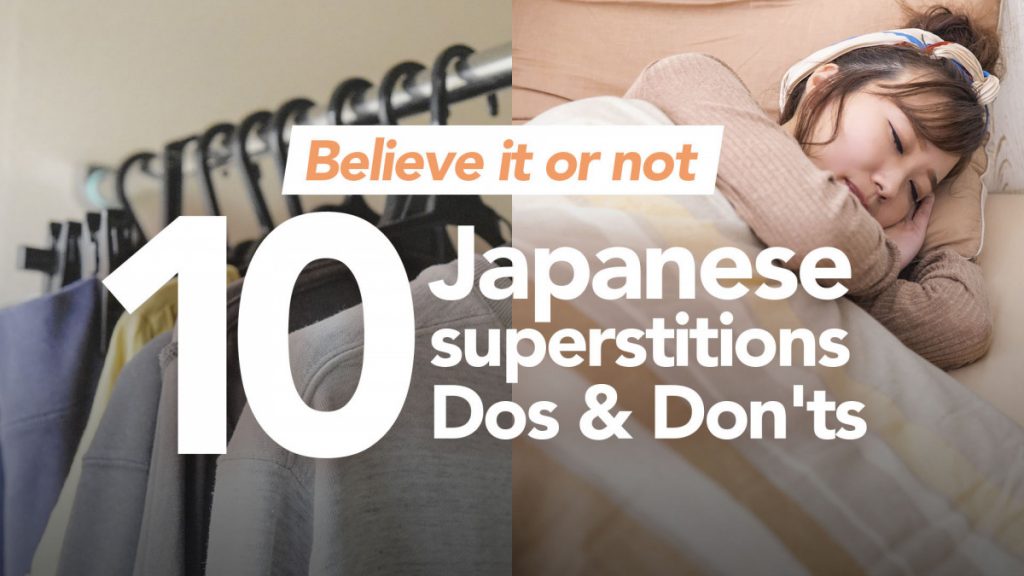Have you ever said something and then knock on the wood in order not to jinx yourself? Hey buddy, you are not alone. Japan takes its superstitions to a whole other level. It may seem silly, but there is no harm to learn about the consequences of cutting nails at night and more!
1.Don’t cut your nails at night
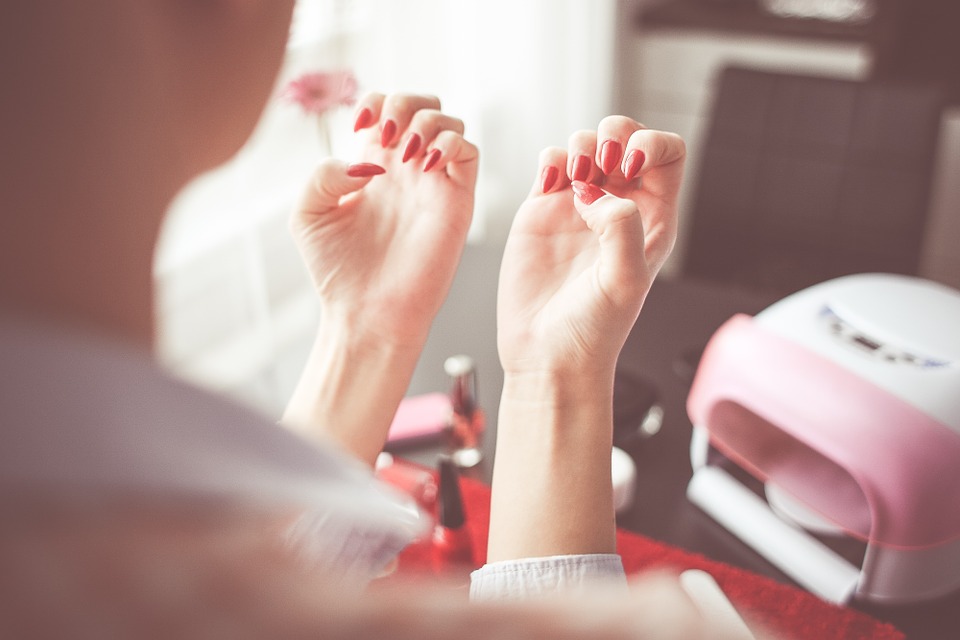
It was believed that cutting tools such as fingernail clippers had spiritual power that could divert evil spirits. In the past, there was no electricity to light the town, people believed evils would come around when darkness approached. You might want to “re-schedule” your nail polishing time to the next morning.
2.Unlucky numbers
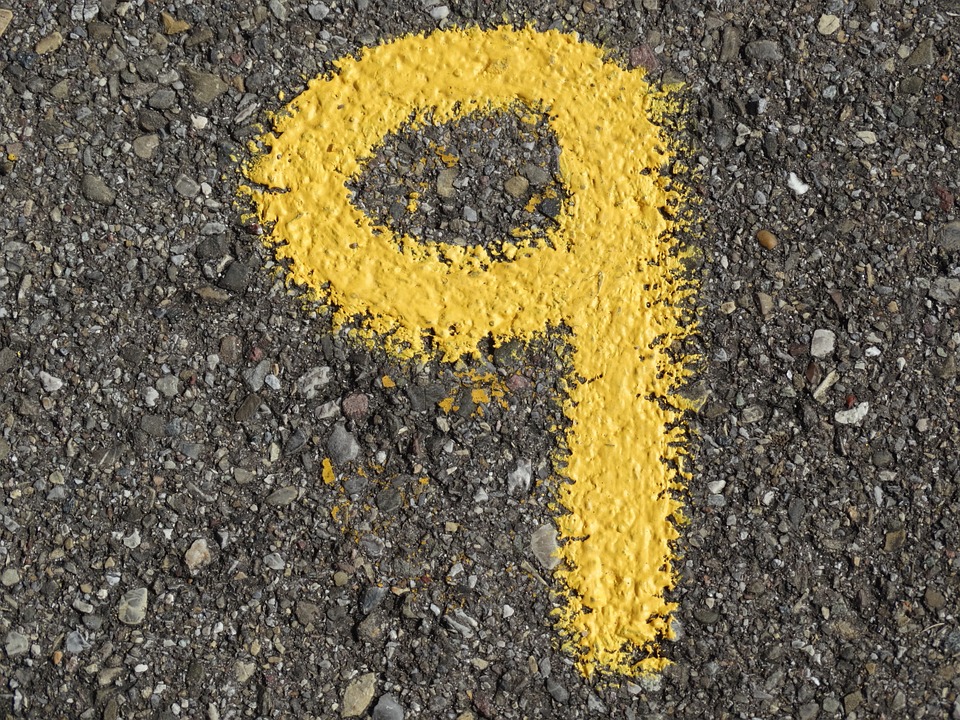
This one is quite common as almost every country has its unlucky numbers. The number four is considered to be unlucky because the word for four pronounced as “shi”, which closely resembles the word “death“ in Japanese. Likewise, the word for nine “ku” sounds similar to the word for pain and suffering in Japanese. This is why you seldom find the fourth or ninth floor in many Japanese buildings.
3.Don’t sleep facing north
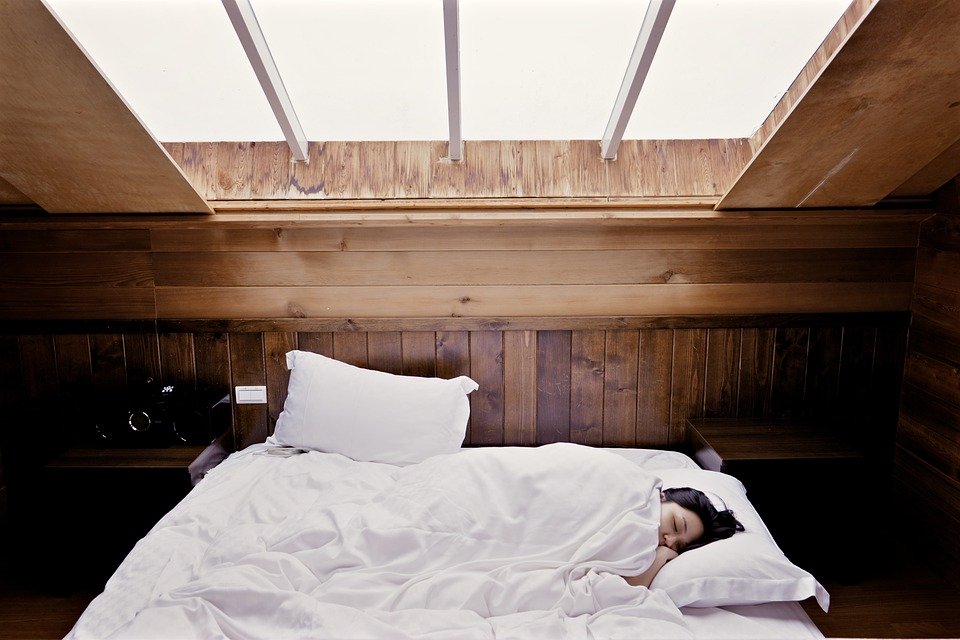
At funerals, corpses are positioned so their head is facing north. Japanese people are attentive in the direction of where their heads will point when sleeping. Who sleeps with their head facing north will receive bad luck as a consequence, or worse, death. So, please set your tatami wisely with a compass next time.
4.Don’t say“kaeru” or“modoru” at a wedding
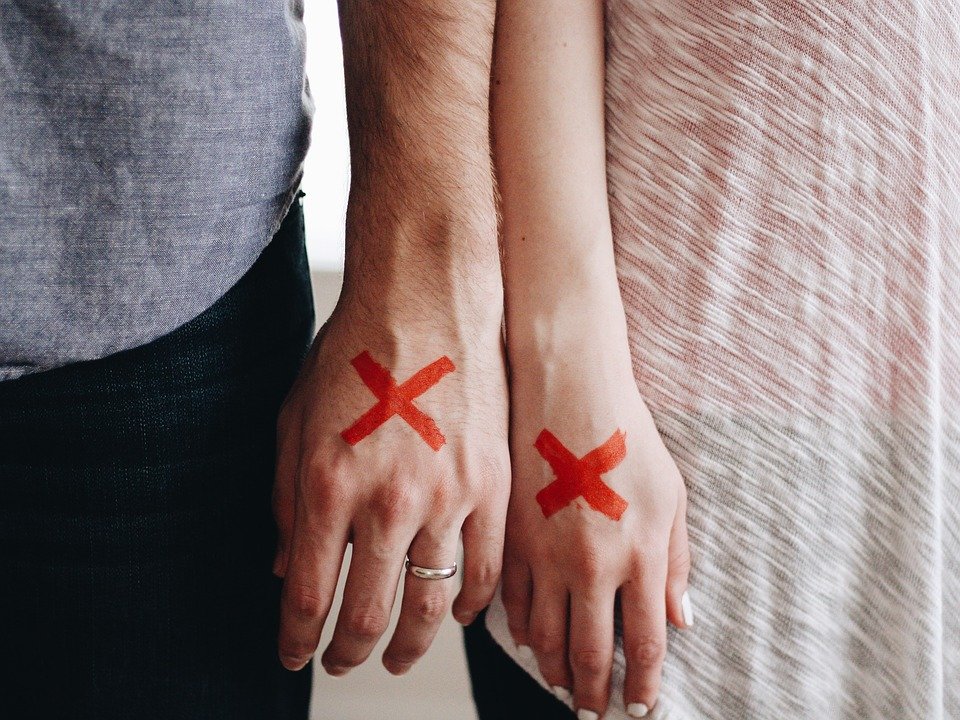
It is a superstition to say “kaeru” (to go home) or “modoru” (to return) at a Japanese wedding as Japanese people believe saying those words will cause bad luck. Doing so will supposedly jeopardize the marriage, and cause the bride to leave her husband and return home to her parents.
5.Don’t stick your chopsticks up right in your food
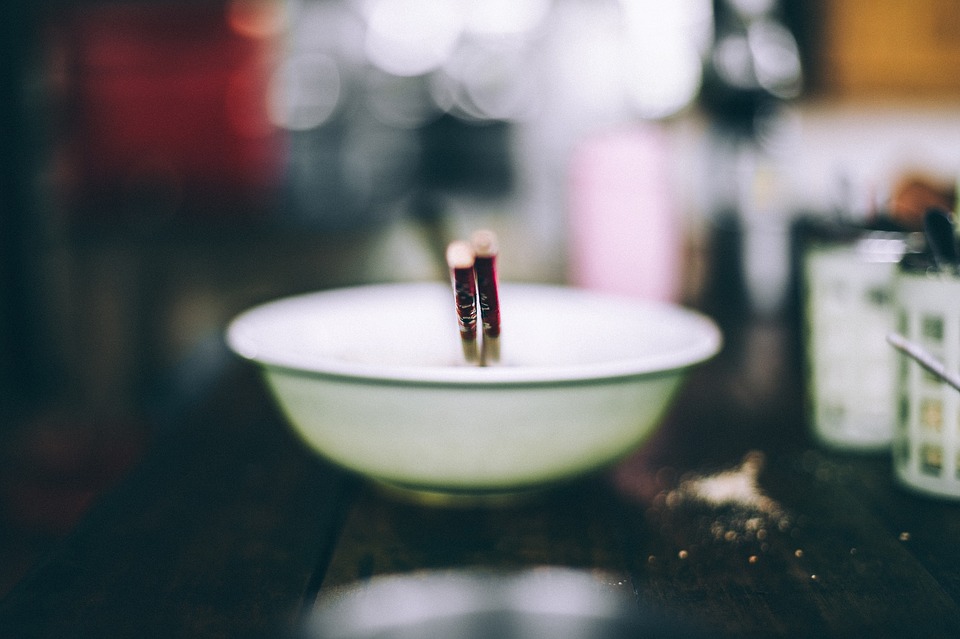
Sticking your chopsticks in your rice symbolizes a funeral ritual. Practice your table manner and get used to the chopsticks when eating at a Japanese friend’s place.
6.Don’t hang wet laundry at night
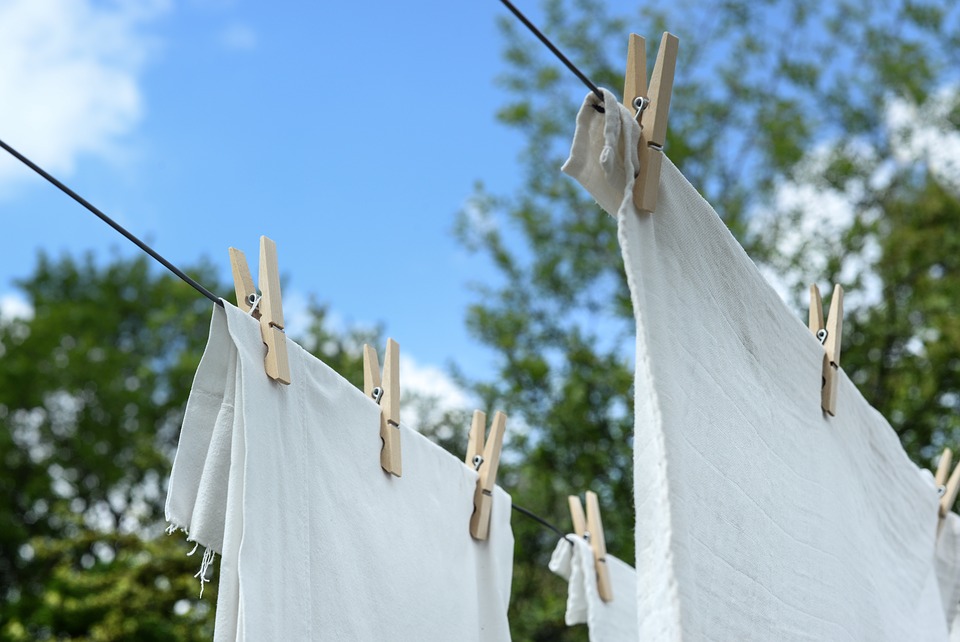
This one is pretty much the same as the fingernail clipper. In the past, people believed that clothes held onto the owner’s spirit after death. If you hang your laundry outside at night, it may become haunted. It is no longer a well-known superstition as city people are so used to the night life cycle now.
7.If you have buddha-like earlobes, you will become rich
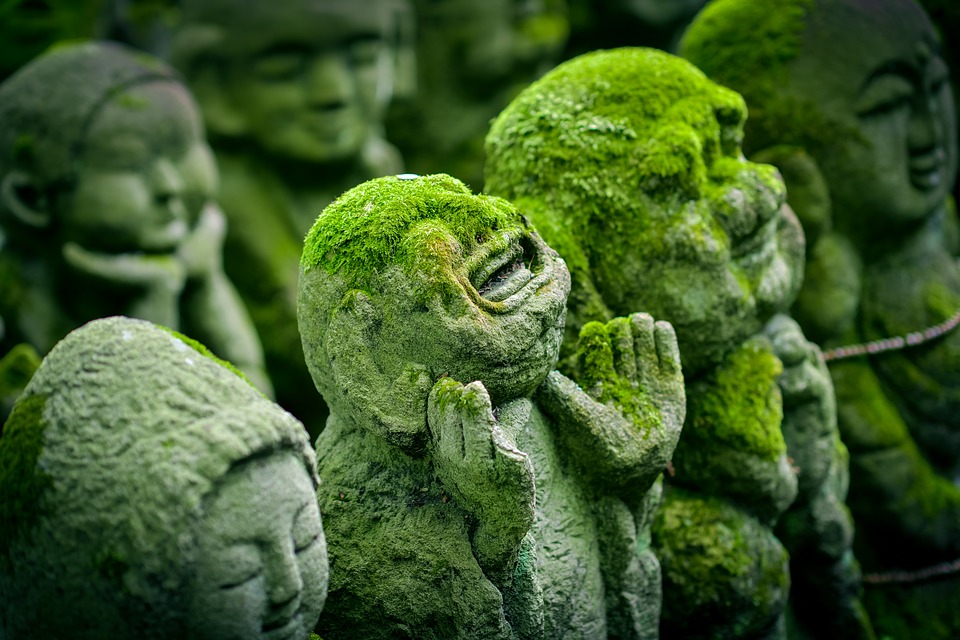
Big earlobes are not only good for piercing but also a sign of fortune. Japanese pictures their god of fortune with enormous big ears, so if you have big earlobes like him, it is said you might be as wealthy as he does, someday.
8.The first dream of the year

There is a saying in Japanese which literally means “First Fuji, second eagle, third eggplant”. Fuji means safety, eagle indicates hight and eggplant implies achievements. If someone sees these three things in that order in their very first dream of the year, then he or she will have a successful and fortunate year. Well, what on earth are the odds of seeing all of them at once, and in order?
9.Never write a person’s name in red ink
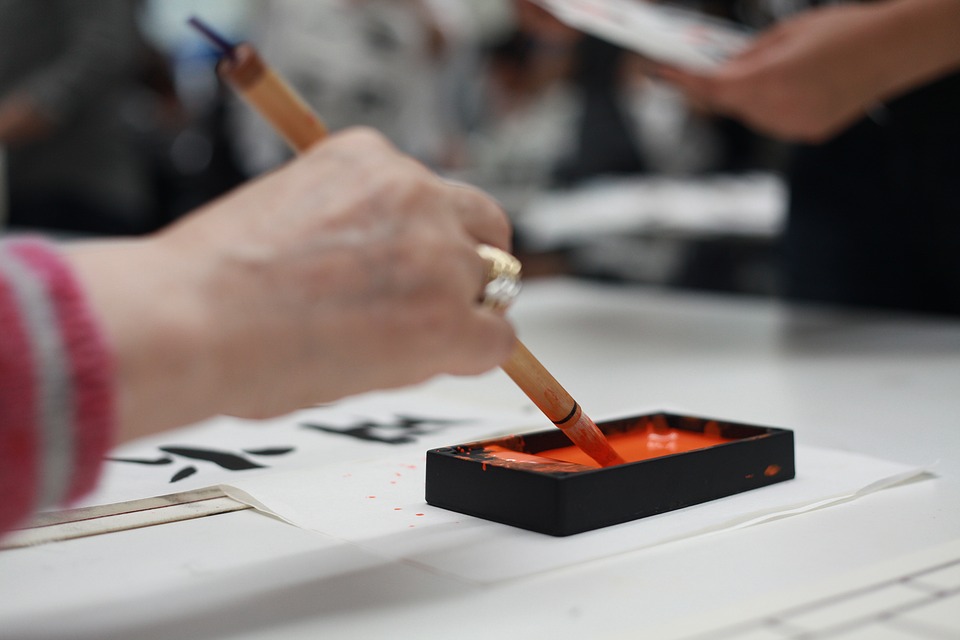
There are many theories as to why it’s said to be bad luck to write someone’s name in red ink. One reason is that when you build your grave before you pass away, your name is engraved in red. Once you passed away, the engraftment is made black. The red ink is considered bad luck as it reminds people of death.
10.A smiley charm for rainy season
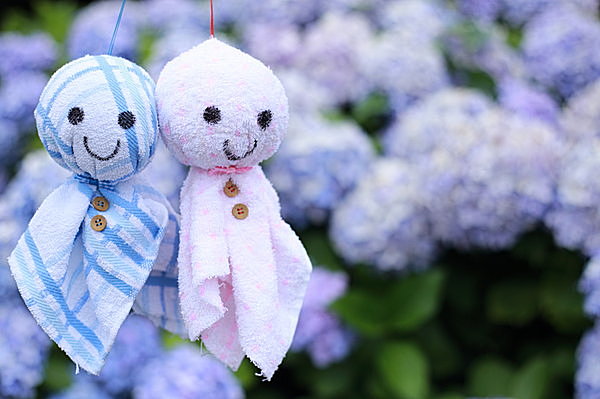
Rainy days sometimes bring out the blues. To pray for sunny days, western people like to sing the rain away with the song “Rain, rain goes away. Come again another day.” For Japanese people, instead of singing a nursery rhyme, they will make a little doll and hang it in front of the window.
The doll is named “Teru-teru bozu” which means shiny monk. Despite its ghostly white look, it is broadly believed that it is powerful in bringing good weather. If your wish is granted, remember to draw the dolls a pair of eyes, offer them some rice wine, and then let it float away down a river.

